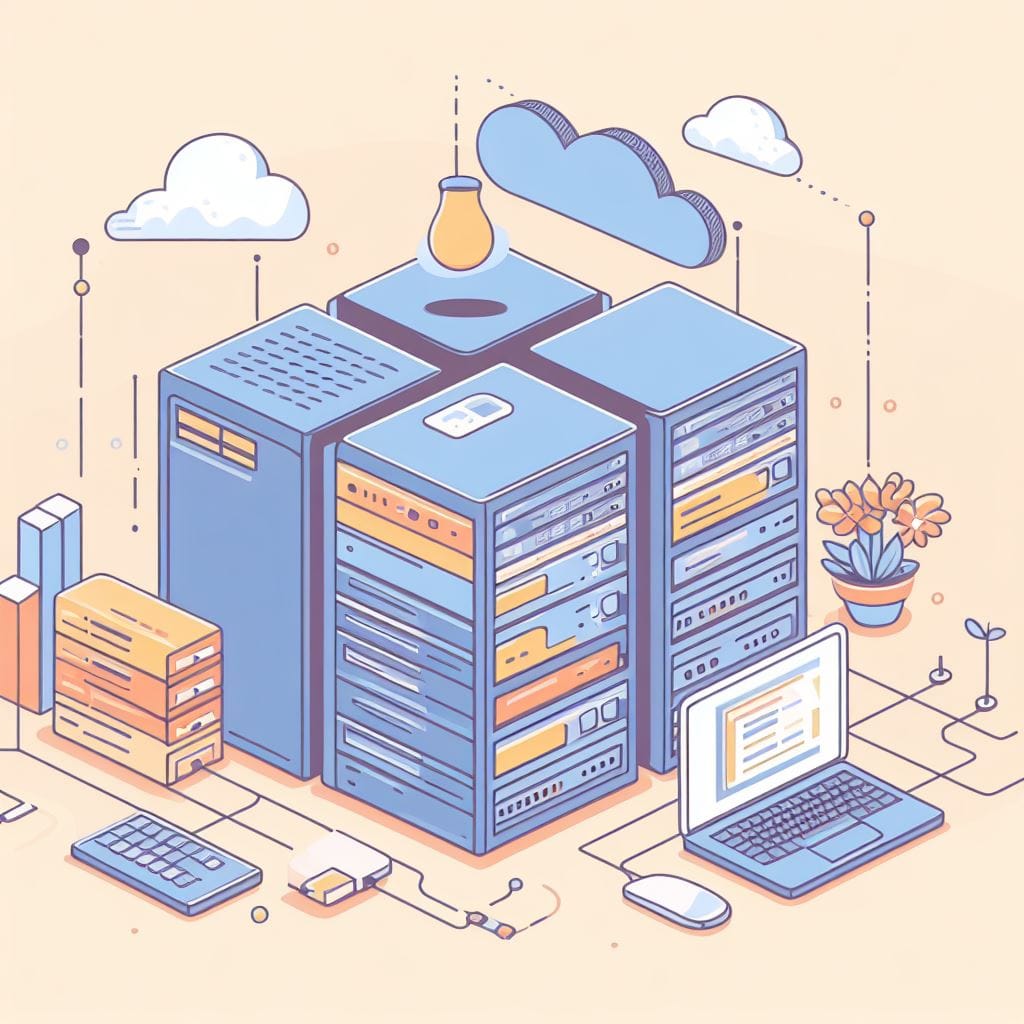The Benefits of High-Performance CPUs for CPU-Intensive Applications on Dedicated Servers

High-performance CPUs play a crucial role in ensuring the smooth and efficient operation of CPU-intensive applications on dedicated servers. Whether you are running data analytics, scientific simulations, gaming servers, web hosting, or any other resource-intensive tasks, having a powerful CPU can provide several key benefits:
- Faster Processing Speed:
High-performance CPUs are capable of processing instructions at a faster rate, which significantly reduces the time required to complete tasks. This is particularly important for applications that involve complex calculations, data analysis, or real-time processing. - Improved Responsiveness:
CPU-intensive applications often require quick response times to deliver a seamless user experience. A powerful CPU ensures that the server can quickly handle incoming requests, reducing latency and providing a smoother interaction for users. - Multi-Threaded Performance:
Many modern CPUs feature multiple cores and support multi-threading. This enables the CPU to handle multiple tasks simultaneously, which is crucial for multitasking and parallel processing in CPU-intensive applications. - Enhanced Virtualization:
High-performance CPUs are better suited for virtualization technologies. They can efficiently run multiple virtual machines (VMs) on a dedicated server, making it easier to segment and manage resources for various applications and clients. - Scalability:
As your application or server workload grows, a high-performance CPU provides room for scalability. You can handle increased traffic and more demanding workloads without having to invest in new hardware. - Reduced Downtime:
A robust CPU can handle spikes in demand and prevent server crashes or slowdowns during high-traffic periods. This helps maintain service availability and minimizes downtime. - Energy Efficiency:
Some high-performance CPUs are designed to be energy-efficient. They can perform demanding tasks while still managing power consumption, which is important for reducing operational costs. - Longevity:
High-quality, high-performance CPUs typically have a longer lifespan compared to budget or lower-end options. This means you can extend the life of your dedicated server and delay the need for hardware upgrades. - Compatibility with Advanced Technologies:
The latest high-performance CPUs are often equipped with features that improve security, encryption, and hardware acceleration for specific workloads. This can be essential for data protection and optimizing application performance. - Competitive Advantage:
In many industries, the speed and performance of your applications can give you a competitive edge. High-performance CPUs enable you to deliver faster services and better user experiences, potentially attracting more customers.
It's important to note that the choice of CPU should be based on the specific requirements of your CPU-intensive applications. Consider factors such as clock speed, core count, architecture, and compatibility with your software stack. Additionally, monitor CPU usage and performance regularly to ensure your dedicated server remains optimized for your workload.



